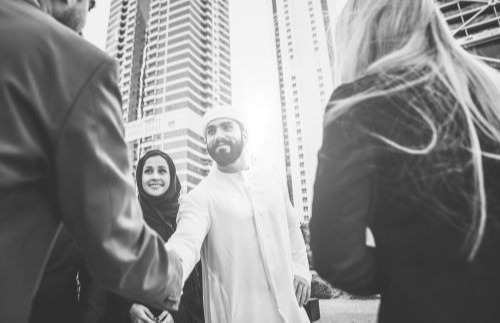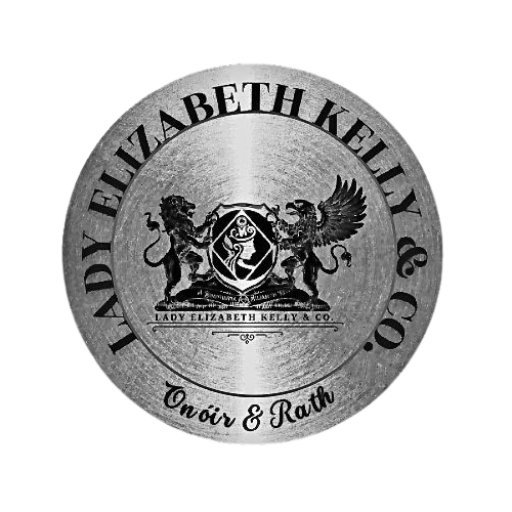
We’re influenced by what we see and aesthetics are no different. 2021 redefined the role brands play in consumers’ lives and the way in which consumers relate to brands. Consumer habits have forced brands to prioritize digital and adjust budgets, which has dramatically increased the role influencers play in a brand’s overall strategies.
Influencer marketing has exploded over the past several years with the rise of social media stars. It should be no surprise that the influencer marketing space is expected to grow from just over $13 billion to at least $15 billion by 2022.
With the increasing trend in social media marketing and the rising number of Social media influencers, the authorities have taken necessary steps in order to ensure compliances into the industry.
Federal Tax Authority is one of such authorities that has invested time in ensuring tax applicability on SMIs.
Social media influencers and artists in the UAE must pay value-added tax (VAT) on the services they provide, the UAE’s Federal Tax Authority (FTA) has confirmed.
In a bulletin issued by the FTA, services included any online promotional activities, such as a blog or social media posts, paid physical appearances, or any marketing activities.
The authority also said that if the artist or influencer recovered costs from their client then these would also be subject to VAT. All artists and influencers are required to register for VAT if the value of the services they provide exceeds AED375,000 ($102,100) in a 12-month period.
In addition, the FTA pointed out that if social media influencers or artists received goods – such as mobile phones or other gifts – in return for their services, instead of cash, then these too must be accounted for in their VAT calculations. VAT was introduced in the UAE on Jan. 1, 2018, at a rate of 5 percent.
To summarise the key takeaways from the bulletin are given below.
- Supplies made by Artists and SMIs will follow the general rule of VAT and will be subject to VAT at the appropriate rate of either 5% or 0% (subject to meeting the zero-rate conditions).
- The recharge of costs incurred by SMIs or Artists in rendering the services will also fall within the scope of VAT.
- As a general rule, tax invoices or simplified tax invoices must be issued for any taxable supplies made by Artists and SMIs.
- All UAE based Artists and SMIs will need to assess their VAT registration liability according to the normal VAT registration rules, which require a business to register for VAT if the value of taxable supplies and imports in the last 12 months exceeded AED 375,000, or if is anticipated the AED 375,000 threshold will be exceeded in the next 30 days.
- Non-resident Artists and SMIs who make any taxable supplies in UAE are also required to register for VAT if there is no other person (i.e. a VAT registered recipient of the supply in the UAE) who is obligated to account for VAT on the supplies on a reverse charge basis.
- There is no registration threshold for non-resident businesses so any taxable supplies made to a non-VAT registered recipient in the UAE will create a VAT liability for a non-resident Artist or SMI.
- The FTA has confirmed that for the purpose of calculating the threshold, the SMIs or Artist should take into account all taxable supplies they make, even if they do not fall under the core artistic or influencer activities.
- Where an Artist or SMI enters into barter arrangements, for instance, receiving goods in exchange for providing services, the goods will be treated as consideration for the service and VAT must be accounted for on the value of this consideration. The VAT legislation provides that where all or part of the consideration for a supply is non-monetary, the value will be calculated as a sum of the monetary part and the market value of the non-monetary part, less the VAT amount.
- Where the Artists and SMIs provide services for free, the transaction needs to be assessed under the deemed supply provisions and treated accordingly.
- As a general rule of input VAT recovery, Artists and SMIs will be eligible to recover the input VAT incurred fully subject to the normal restrictions under the UAE VAT law – such as entertainment services, and the purchase, lease or rental of motor vehicles that are available for personal use.
The bulletin has addressed specific scenarios of the industry such as:
- Where the Artists/SMIs own an event management company, then supplies made by the individuals will be considered as distinct from the supplies made by the company. Therefore, VAT obligations will be required to be met separately.
- Where intermediaries act as agents on behalf of, and in the name of, Artists or SMIs, output VAT will need to be accounted for by such intermediaries on their commission. Artists and SMIs will then need to account for VAT on the entire consideration charged to their clients.
- Where intermediaries act in their own name and contract with both the client and the Artists or SMIs separately, VAT will need to be accounted for on the full amount charged by the SMI or Artist to the intermediary and the intermediary will account for VAT on the full amount charged to the client.
- Where an UAE resident Artist or SMI is engaged by a UAE based client to provide advertising services outside of UAE, the supplies will be subject to the standard rate of 5%. For instance, the UAE-based client owns a resort overseas and contracts with a UAE SMI to promote the resort by vlogging their experiences in the resort or posting stories on social media platforms, the supplies made by the UAE resident SMI will be subject to VAT at 5%.
